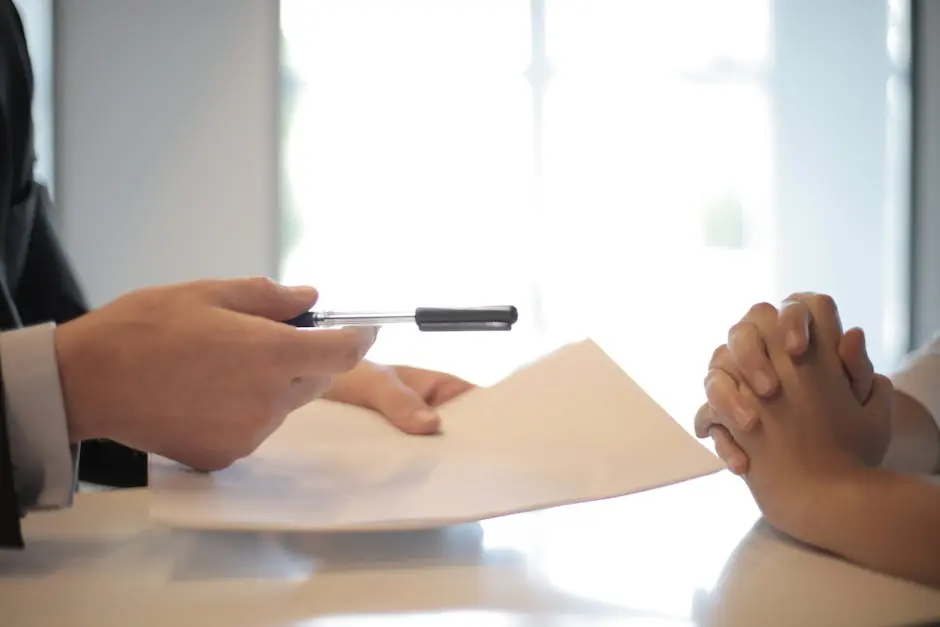Applying for veterans compensation can be daunting, especially when it comes to gathering all the necessary documents. Understanding what you need can streamline the process and help ensure a successful claim.
Gather Your Service Records
Service records, such as your DD Form 214, provide evidence of your military service and are essential for verifying your eligibility. This document is often referred to as the ‘Report of Separation’ and it contains critical information about your service, such as dates of active duty, training and specialization, and your discharge status.
You can request a copy of your DD Form 214 through the National Archives’ Veterans’ Service Records Request service. It’s important to ensure all the details are correct, as any discrepancies may lead to delays in processing your claim.
In some cases, additional military documentation like duty assignments or temporary assignments might be necessary. These documents help establish that specific conditions or injuries are related to your time in service.
Compile Medical Evidence
Medical records from military and civilian doctors show the existence and severity of your condition, which is crucial for assessing your claim. These records help establish a direct connection between your military service and the medical issues you’re currently facing.
An essential part of this evidence is your VA medical exams. Often, these will need to be supplemented with civilian medical records to provide a comprehensive picture of your health. Ensure that all treatments and relevant conditions are documented in these records, as they are vital for the claims evaluator’s understanding of your health.
A key document is the nexus letter from a medical professional linking your conditions to the events during your service. This letter must clearly state the service-related reasons for your condition, supported by a detailed rationale.
Prepare Personal Statements
Personal statements detail how your condition affects your daily life and work. This narrative adds a personal touch to your application, providing the claims officer a view of your unique story.
It’s crucial to be thorough yet concise, capturing the essence of your condition’s impact. Explain significant life changes, missed opportunities, and any loss of quality of life in plain words to assist the reviewer in understanding your day-to-day struggles related to the service.
Secure Buddy Statements
Buddy statements from fellow service members can corroborate your claim by providing first-hand accounts of incidents or injuries. These accounts are invaluable as they reinforce your application by highlighting events that were experienced by others as well.
These statements should come from people who served with you during the time of the incident or injury. Detailed descriptions of what happened can make these statements more effective.
Include Dependency Documents
If you are claiming benefits for dependents, include birth certificates, marriage licenses, and other relevant legal documents. These documents prove the dependent relationships, which could impact your compensation rate.
Ensure all dependency documents are current and unexpired. This includes any court orders pertinent to custodial relationships or dependents’ guardianship.
Preparing Your Documents for a Smooth Claims Process
By organizing these documents and understanding their role in the claims process, you can navigate your veterans compensation claim more effectively. This preparation not only saves time but also increases the likelihood of a favorable outcome.


